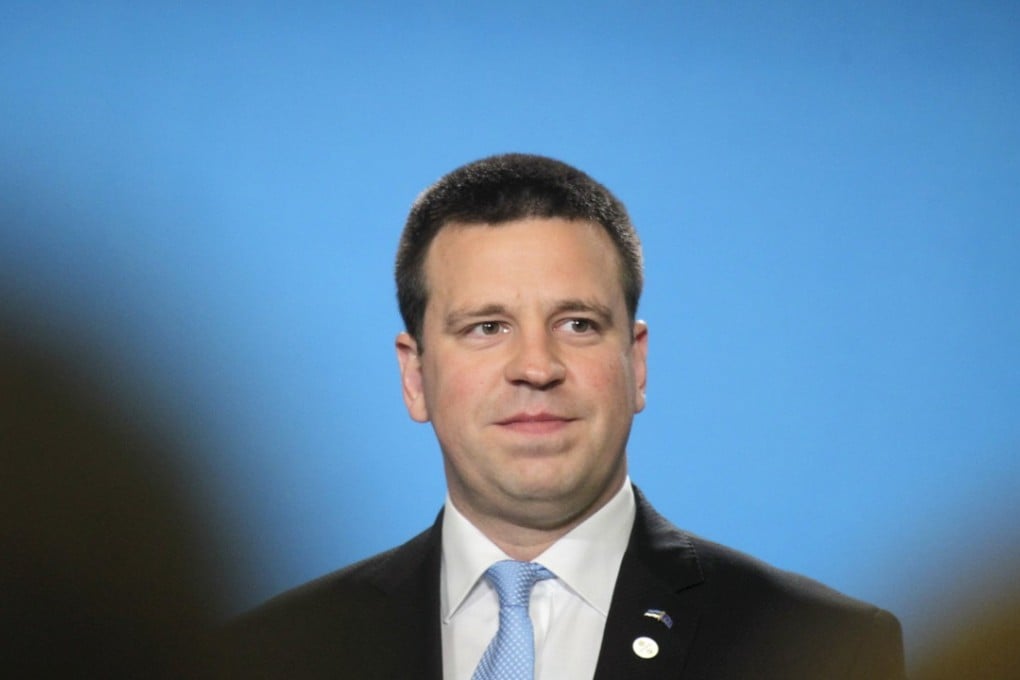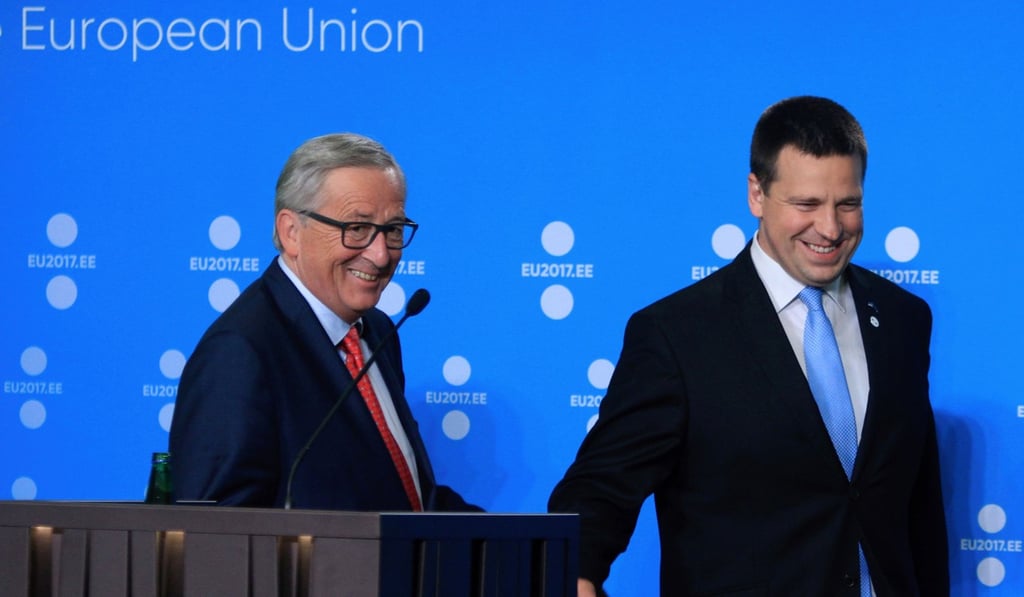Estonia just took over the EU’s presidency for six months - but will its government survive that long?

Days into Estonia’s rotating presidency of the European Union, the Baltic nation’s government is showing signs it may not see out the full six months.
The ruling coalition, in power since November, is at risk of losing its grip on parliament as a group of rebel lawmakers threatens to form a rival bloc for local elections in October. They could be expelled from the dominant Centre Party if they do, creating a minority government that would be more vulnerable to opposition challenges. A decision is due this week.
The political drama is a distraction for Estonia as the euro-area and Nato member takes the lead in progressing the EU’s policy agenda and hosts get-togethers of the bloc’s leaders and finance chiefs. The country of 1.3 million people, a technology hub and the birthplace of Skype, will use its stint in the spotlight to promote the digital single market, according to Prime Minister Juri Ratas, who at 38 is the EU’s youngest premier.
“It would be fairly unusual for a government to collapse at the beginning or in the middle of its EU presidency, though it wouldn’t be unprecedented,” said Andres Kasekamp, professor of Baltic Politics at Tartu University. “The first I remember was the Czech Republic. That was embarrassing, but they survived.”
That Czech government lost a no-confidence vote halfway through its EU presidency in 2009. Its term was also tainted by a reluctance to ratify the bloc’s new governing treaty and fallout from the global financial crisis that erupted the previous year.

“We need to calm fears of whether the coalition is stable or not: it’s stable,” he said last week. “All three parties are very serious about their programs, about the EU presidency, and understand this responsibility.”